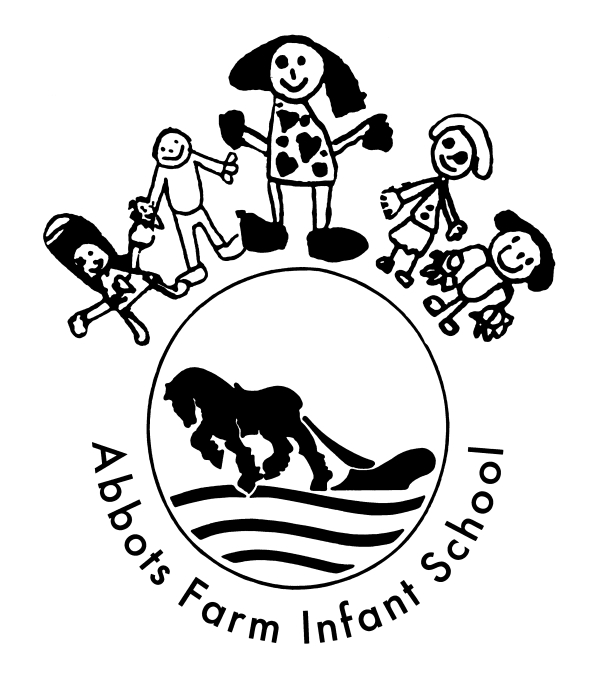Religious Education (RE)
Intent
We want our pupils to develop their knowledge and skills through Religious Education (RE), in order to prepare them for life in a modern, diverse Britain. We support children to be able to develop a respect for and have curiosity about other people’s beliefs and values as well as making informed choices about how they want to live their lives.
Our policy reflects the traditions and beliefs of a multi- cultural society within a Christian culture. It will include common themes of world religions which help children to become aware of the hopes, fears and aspirations we all share.
The aims of our Religious Education curriculum are to develop children who:
- Developing knowledge and understanding of different religions.
- Considering their own feelings and experiences.
- Relating to people, events and experiences in the world around them.
- Engaging children to systematic enquiry by asking ‘big’ questions about life and to understand what different people believe and how this makes a difference to their life.
Implementation
At Abbots Farm Infant School, we engage the children into a systematic enquiry into significant human questions which religion and worldviews address. We provide children with an enriching, diverse and creative curriculum that balances all the aspects of RE.
In the Early Years the approach is through cross-curricular learning with an emphasis on hands on experiences and is assessed through the Understanding the World, People, Culture and Communities Early Learning Goal. Teaching is through context-based and role play experiences using many resources such as high-quality texts, real artefacts and visitors to school. We use the Warwickshire SACRE Agreed Syllabus to support this. In KS1 we follow the Warwickshire SACRE Agreed Syllabus for RE. Learning opportunities are planned for weekly in the classroom and uses religious symbols, ornaments and artefacts to enhance children’s understanding. Learning is built on children’s prior knowledge, encouraging children to share their religious beliefs and experiences and ask questions.
To reflect our whole school ethos, we celebrate different religious festivals and significant days through assemblies, themed days and in-class conversations. Enriching experiences are created through visiting places of worship or by having visitors into school to share their own religious experiences and practices or tell stories from different religions.
Impact
Our RE Curriculum is progressive and builds on and embeds key skills. We focus on progression of knowledge and skills and also on vocabulary.
If children are keeping up with the curriculum, they are deemed to be making good or better progress. We measure the impact of our curriculum through the following methods:
- Discussions with children about their learning (pupil voice).
- Coaching with teachers, focusing on children’s work in their books, work saved in pupil files on their Class Dojo account and photo evidence and images of the children’s practical learning (particularly in EYFS).
- Coaching with teachers focusing on planning to ensure that all classes have a consistent coverage of the curriculum.
- Coaching with teachers in lessons to continuously improve our teaching of the RE curriculum.
- All coaching provides opportunities for professional dialogue between teachers and the subject lead which is reflective.
- Progress is measured through regular teacher assessments. In Key Stage 1 these take place at the end of each unit of work taught and judgements are made against the planned objectives. In the Early Years pupils are assessed termly using the statements in Understanding the World: People, Culture and Communities.
